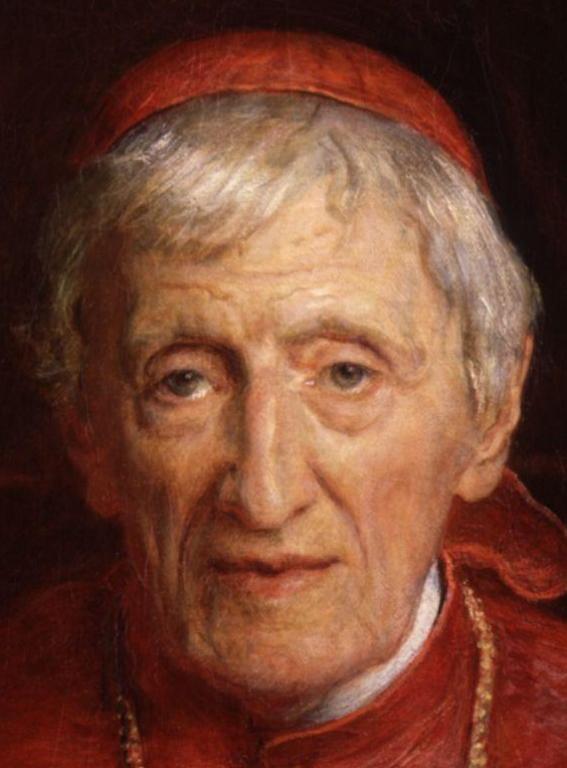Pope Francis, the 266th pope of the Roman Catholic Church, has been a figure of both admiration and controversy since his election in 2013. Known for his humility, emphasis on mercy, and outreach to marginalized communities, Pope Francis has endeavored to modernize certain aspects of the Church's approach to the world. His papacy is marked by efforts to bridge gaps between different faiths and cultures, advocating for social justice and environmental stewardship.
Despite his widespread popularity among many Catholics and non-Catholics alike, Pope Francis has faced criticism and accusations from some quarters within the Church. These criticisms often center around perceived deviations from traditional teachings and practices, leading to debates about the orthodoxy of his statements and actions. This article delves into these controversies, examining the nature of the accusations against him and exploring whether they are grounded in genuine doctrinal concerns or stem from misunderstandings and misinterpretations.
The Unresolved Legacy: Pope Francis and Vatican II
Pope Francis is not a heretic but is instead a manifestation of the unresolved theological legacy of Vatican II. The Second Vatican Council introduced significant changes in the Catholic Church, aiming to make it more accessible and relevant in the modern world. However, this shift has led to ongoing debates about the interpretation of its teachings. Critics argue that Pope Francis' emphasis on mercy and inclusion contradicts established doctrines, yet supporters see his approach as a natural evolution of Vatican II principles.
Conversion must be constructed in a way that aligns with the spirit of Vatican II, which emphasized dialogue and openness. Pope Francis' focus on pastoral care over legalistic adherence reflects this vision. By prioritizing compassion and understanding, he seeks to bring people closer to their faith rather than alienating them through rigid interpretations of doctrine.
This perspective challenges those who view the Church's traditions as immutable. Instead, it invites a deeper engagement with the core message of Christianity, encouraging believers to live out their faith in ways that resonate with contemporary realities while remaining faithful to its foundational truths.
Misconceptions and Misunderstandings: Examining the Accusations
Claims that Pope Francis has committed criminal acts gravely damaging to the Church and rejected the Catholic faith reflect a misunderstanding of his intentions and actions. Since his pontificate began in 2013, critics have accused him of undermining essential tenets of the faith. Yet, these accusations often fail to consider the broader context of his teachings and reforms.
Pope Francis consistently reaffirms core Catholic beliefs while addressing complex issues such as divorce, remarriage, and climate change. His willingness to engage with controversial topics does not signify a rejection of dogma but rather an attempt to apply timeless principles to evolving societal challenges. This nuanced approach can sometimes lead to confusion or misinterpretation by those unfamiliar with the subtleties of theological discourse.
In calling for his resignation, detractors overlook the positive impact of his leadership. By promoting unity and reconciliation, Pope Francis strengthens the Church's mission to serve humanity. His commitment to transparency and accountability also sets a high standard for future leaders.
Christ's Guarantee: The Impossibility of Papal Heresy
To say the Pope is a heretic is to say that Christ has failed. The Catholic Church teaches that Jesus Christ established Peter and his successors as the rock upon which the Church would be built. This promise ensures that the office of the papacy remains protected from error when speaking ex cathedra on matters of faith and morals. Therefore, labeling Pope Francis as a heretic undermines the very foundation of Catholic belief.
When individuals claim the Pope is not truly Catholic, they reveal a lack of understanding regarding the mechanisms of divine protection at work within the Church hierarchy. While popes may err in personal judgment or administrative decisions, their authority in doctrinal matters is safeguarded by God's promise to Peter. This assurance provides stability and continuity throughout history.
Instead of focusing on divisive rhetoric, Catholics should strive to foster dialogue and mutual respect. By embracing the fullness of Catholic teaching under the guidance of the current pontiff, believers can work together towards greater unity and harmony within the global Church community.
Clarifying Doctrine: Addressing Alleged Heresies
Heresy consists in a stubborn denial of truths which have been defined and proposed by the Church as divinely revealed doctrines. Those who accuse Pope Francis of heresy must provide clear evidence demonstrating how specific statements or actions contradict official teachings. Without such substantiation, these allegations remain baseless accusations rooted in speculation rather than fact.
Pope Francis frequently emphasizes the importance of discernment in applying Church doctrine to real-life situations. This pastoral sensitivity allows for flexibility without compromising fundamental principles. Critics who interpret his words narrowly risk distorting their intended meaning, thereby perpetuating unnecessary conflict within the Church.
Engaging in constructive conversation about areas of disagreement can help clarify misunderstandings and strengthen communal bonds. By approaching each other with charity and open minds, Catholics can navigate challenging discussions while maintaining fidelity to shared values and beliefs.
A Call for Unity: Rejecting Calls for Resignation
Is Pope Francis guilty of the canonical crime of heresy? No, but that doesn't mean all is well with this pontificate - not by a long shot. During Easter week, a group of Catholic scholars issued an open letter urging bishops to declare Pope Francis guilty of the canonical delict of heresy. Such calls for resignation or deposition ignore the complexities involved in evaluating papal pronouncements.
You cannot claim a pope is a heretic simply because he says something ambiguously or discusses altering non-infallible disciplines. Ambiguity exists in any large organization, especially one as ancient and diverse as the Catholic Church. What matters most is whether the leader remains committed to upholding central tenets of the faith.
Rather than demanding resignation, Catholics should seek opportunities for collaboration and learning. By supporting Pope Francis in his efforts to reform and revitalize the Church, they contribute positively to its growth and vitality. Together, they can address legitimate concerns while preserving the integrity of their shared spiritual heritage.

